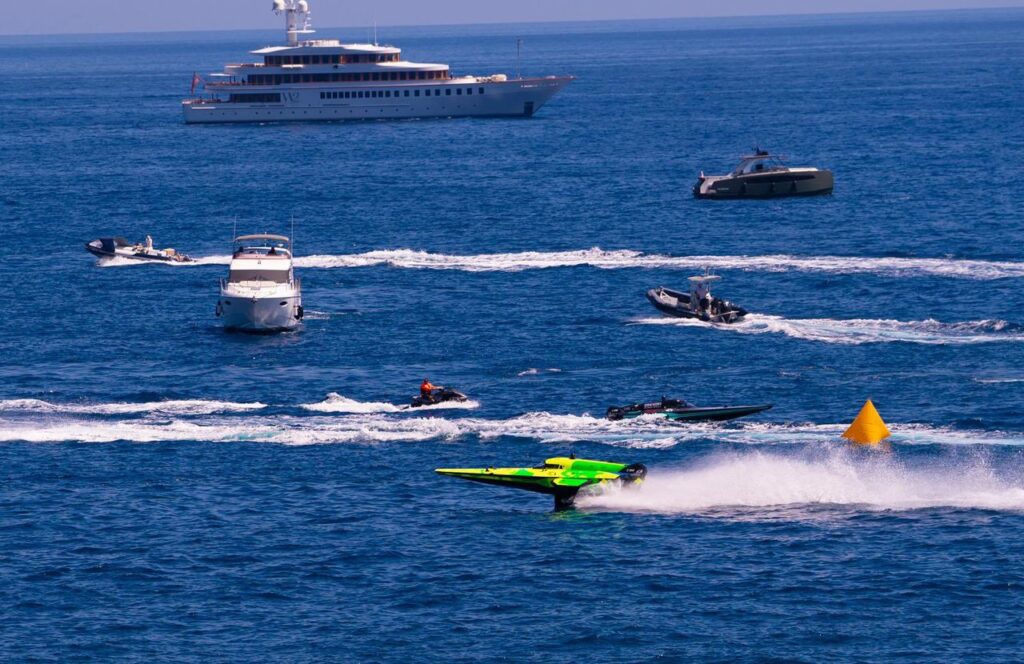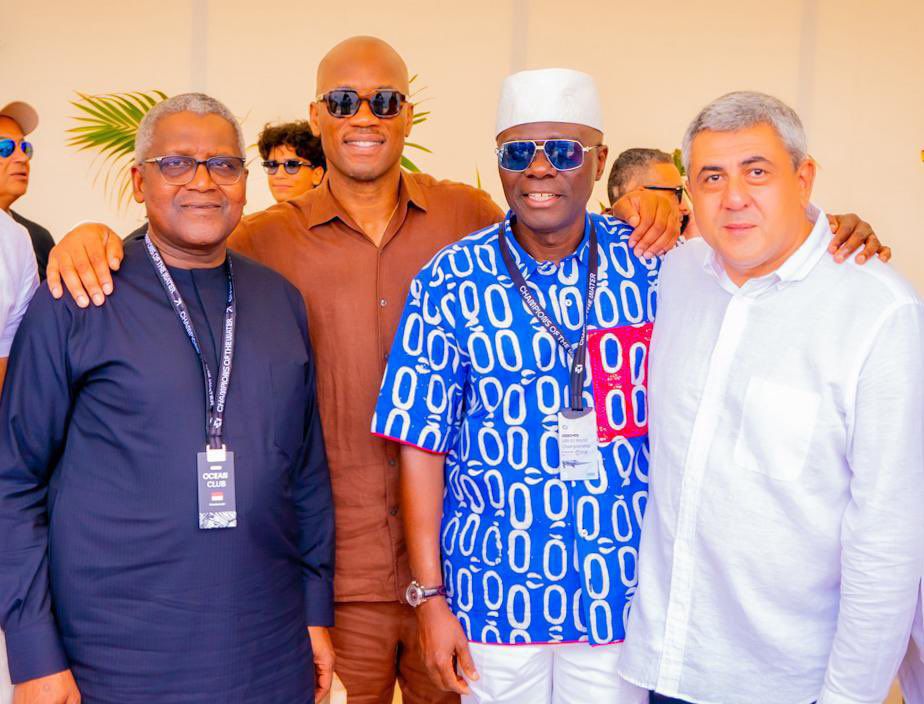Lagos is poised to make history as it hosts the E1 Lagos Grand Prix, Africa’s first performance of the all-electric powerboat racing championship, and global sports giants like LeBron James and Rafael Nadal will join the lineup not as racers but as team owners backing entries. According to the Lagos State Government, teams owned by these figures will compete alongside others invested in by Tom Brady, Didier Drogba, Will Smith, and more, bringing international star power to the city’s waterways.
The event is scheduled for October 3rd to 5th, 2025, with parts of Five Cowrie Creek in Lagos set to be closed off for the race, creating a dramatic aquatic track cutting through Ikoyi and Banana Island. The state government has already issued notices warning boaters and local waterways users of closures during the event. Authorities view it as an opportunity for Lagos to showcase itself to the world, blending sport, sustainability, and tourism.
For Lagos and for Nigeria more broadly, the Grand Prix represents more than flashy names and wealthy owners. E1 racing is built on principles of sustainability: zero emissions, future-forward marine technology, and a branding of coastal cities as hubs for clean sport innovation. The involvement of LeBron’s and Nadal’s teams adds legitimacy to Nigeria’s bid to become a global destination for next-generation sporting formats.
Across Nigeria, many eyes are on how well the event is organized and whether Lagos can manage the logistics. Challenges include security, water traffic control, safety protocols, crowd movement and preventing disruptions to everyday life in coastal neighborhoods. Local residents around the creeks have already expressed concerns about displacement of boat access, impacts on fishing activities, and whether the hype will translate to lasting investment rather than a one-off spectacle.
The financial stakes are high. The event is backed by major sponsors, notably FirstBank, which publicly announced its support for the event. When first revealed in Punch, the plan was to use the Grand Prix as a platform for tourism, job creation, increased visibility, and boosting Lagos’s profile among global cities hosting world class events.

The Lagos State Governor, Babajide Sanwo-Olu, described the Lagos Grand Prix as not just a sporting event, but a statement of intent. In his words, the event is Lagos showing the world that Africa is not a follower but a key player in the future of global sports and technology. He sees the E1 race as a convergence of innovation, sustainability, and ambition; the three pillars of the state’s development vision. “What we are doing here is not just hosting a race,” he explained, “we are hosting possibility. Lagos is open to the world, and we are proving that we can compete, organize, and excel at the highest level.” For Sanwo-Olu, the arrival of global icons like LeBron James and Rafael Nadal through their teams underscores the city’s growing influence and attraction. He believes the event will not only bring economic gains and global media attention but also inspire a generation of young Nigerians to think beyond limits and embrace new frontiers in innovation and sport.
Speedboats, pilots, and crews are now arriving. Some are being imported; others are local builds adapted for electric power. Each team will field one male and one female pilot, a standard in E1 competition. Lagos’s lagoon and creek network is being reconfigured to host the race: start lines, spectator stands, safety zones, kiosks, docks, media zones, are all in active construction or setup mode.
Organizers have said that beyond the contest on water, there will be cultural showcases, music, local food exhibitions and tourism programs. The event is being pitched not just as a race but as a festival celebration. When stars like LeBron and Nadal are attached to participating teams, the media draw will be massive, and global coverage is expected.
For Lagos, this is a test. If it succeeds, it could signal Nigeria’s ability to host high-stakes, high-tech events. If it stumbles, skeptics will point to logistical dysfunction and overreach. The coming days will show whether Lagos can deliver a Grand Prix befitting the ambitions of its organizers and the expectations of its people.
Samuel Aina

